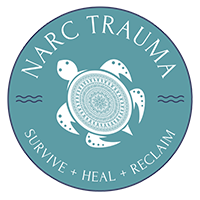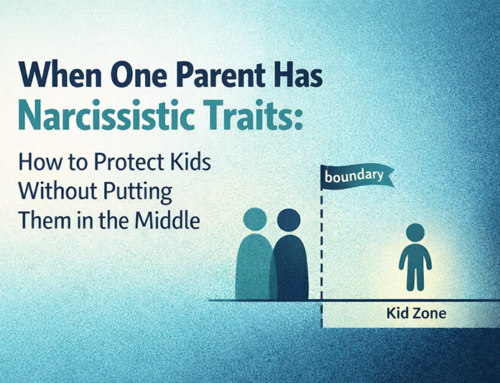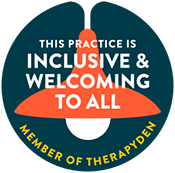They Called You the Narcissist? Here’s What’s Really Going On.

By Brenda Stephens, Licensed Professional Clinical Counselor
“Maybe I’m the Problem…” If you’ve ever found yourself in a relationship with a narcissist, there’s a moment that hits like a freight train. It doesn’t come during one of their usual rages, manipulations, or disappearances. It comes when they turn their finger around and say:
“You’re the narcissist.” Suddenly, you’re not just defending your reality — you’re questioning your identity. Maybe you’ve even Googled “Am I the narcissist?” more times than you can count. You’re not alone, and you’re not crazy. Let’s unpack what’s really going on.
Why Do Narcissists Accuse You of Being the Narcissist?
This tactic has a name: projection. In psychology, projection happens when someone attributes their own traits or behaviors to someone else. It’s especially common in narcissistic abuse.
Here’s why they do it:
1. It Shifts Blame: Narcissists have an intense aversion to accountability. Accusing you of being the narcissist allows them to dodge responsibility for their harmful behaviors. Now you’re the one defending yourself while they play the victim.
2. It Creates Confusion and Doubt: If they can make you question your intentions, memories, or sanity, they win. It’s a power move designed to keep you disoriented and off balance. Cue the self-doubt, guilt, and endless rumination.
3. It Keeps Their Image Intact: Narcissists are deeply invested in appearing “good” or “righteous.” If things are falling apart behind closed doors, calling you a narcissist allows them to preserve their false persona and paint you as the unstable one.
How to Navigate This Mind Game: So, what do you do when the narcissist turns the tables and calls you the narcissist?
1. Pause Before You Defend: It’s natural to want to prove you’re not the problem. But the second you start explaining, you’ve entered their game. Narcissists feed off of your emotional reactions — it fuels their sense of control.
Instead, pause. Breathe. Step back. You don’t owe them a dissertation on your character.
2. Check In With Yourself (Not Them)
Ask yourself:
– Am I capable of self-reflection and growth?
– Do I take responsibility when I mess up?
– Do I empathize with others?
If the answer is yes, you’re not a narcissist. True narcissists rarely ask those questions, let alone care about the answers.
3. Document Patterns, Not Just Moments: Keep a journal or log of incidents. Gaslighting and projection lose power when you have a written record that reminds you: You’re not imagining this.
4. Set Boundaries, Not Arguments:
You won’t win a battle of logic with someone who rewrites reality. But you can protect your peace.
Try:
“I’m not going to engage in name-calling or false accusations.”
“I’ll continue this conversation when we can speak respectfully.”
Then step away.
5. Reach Out to a Narcissistic Abuse-Informed or Trauma-Informed Therapist: Working with a therapist who understands narcissistic abuse is crucial. They’ll help you untangle what’s real, rebuild your sense of self, and recover from the chronic invalidation and confusion.
Final Thought: You’re Not the Narcissist
Healthy people question themselves. Narcissists rarely do. The very fact that you’re reading this post, seeking clarity and growth, speaks volumes about who you really are. Remember, narcissistic abuse isn’t just about what they do — it’s about how they make you feel about yourself. And when they accuse you of being the narcissist, it’s not a reflection of your truth — it’s a reflection of their fear of being exposed.
You’re not the problem. You’re the survivor. Have you been called a narcissist by your abuser? What helped you navigate the confusion?
Share your thoughts in the comments or join the community conversation on Instagram: @narcrecoverycenter







